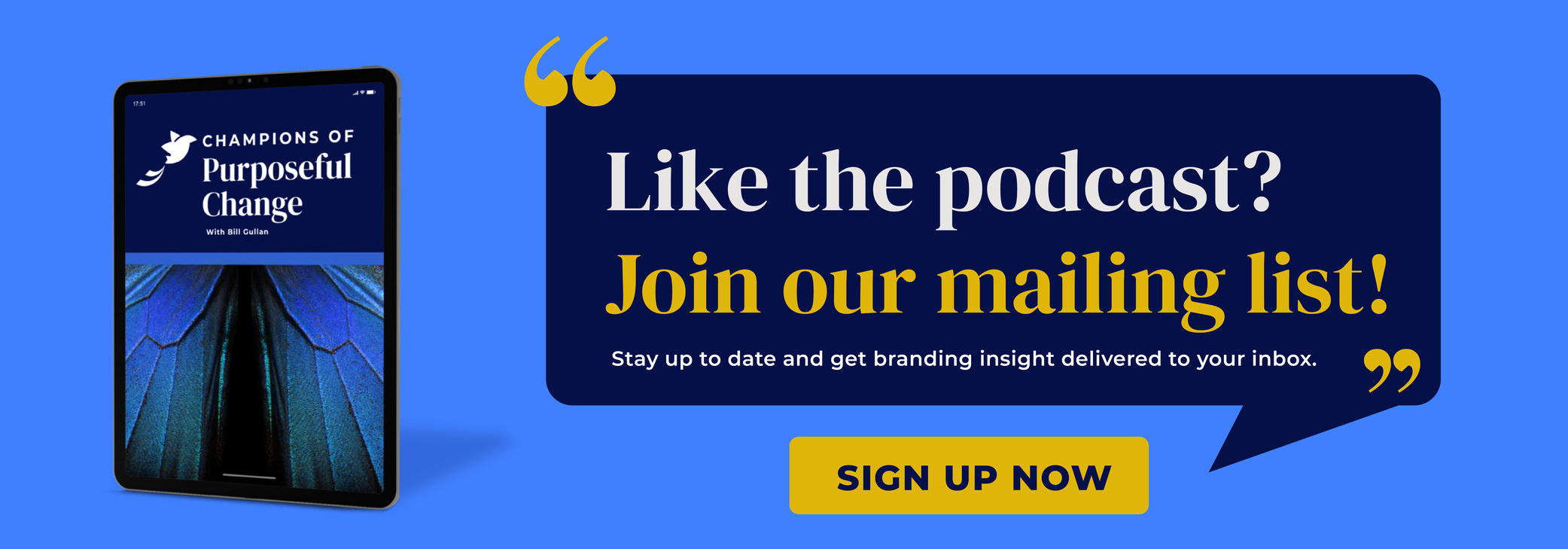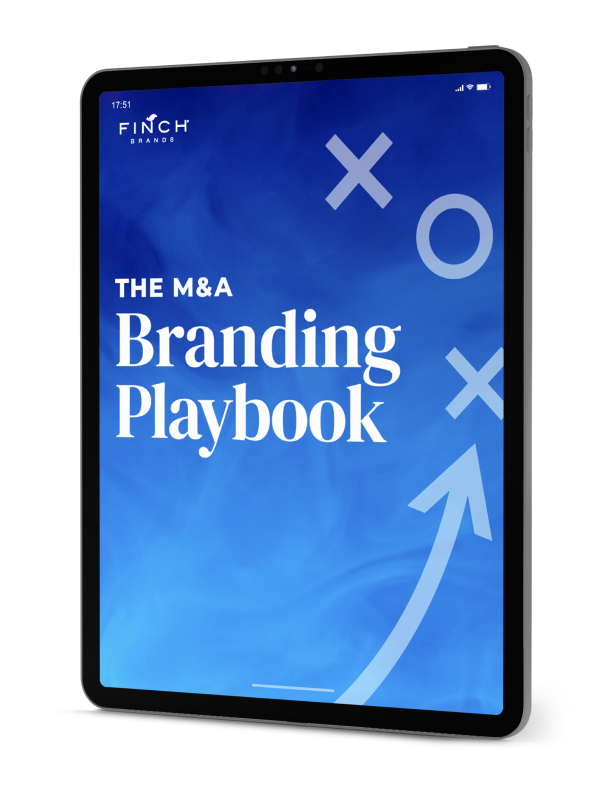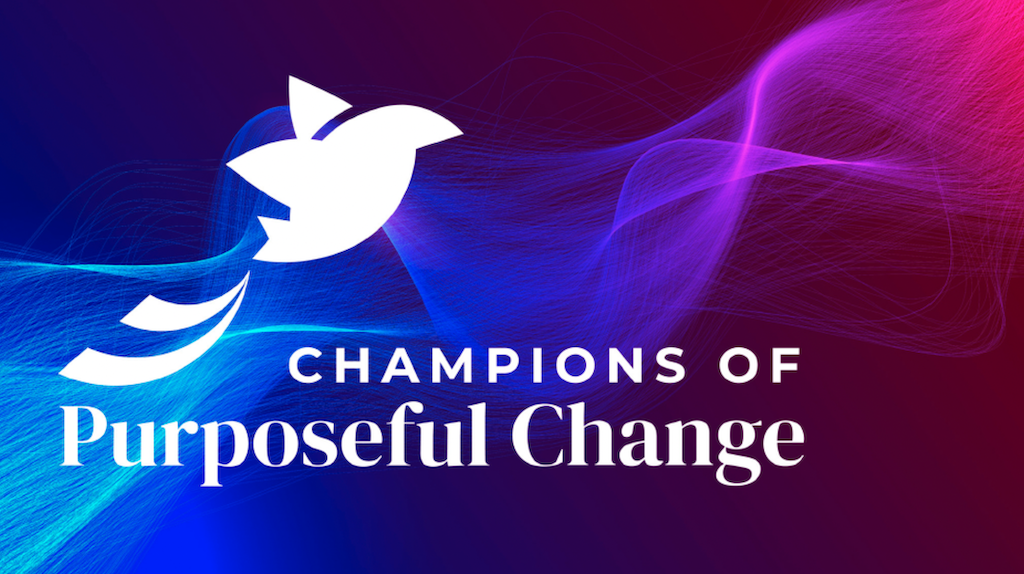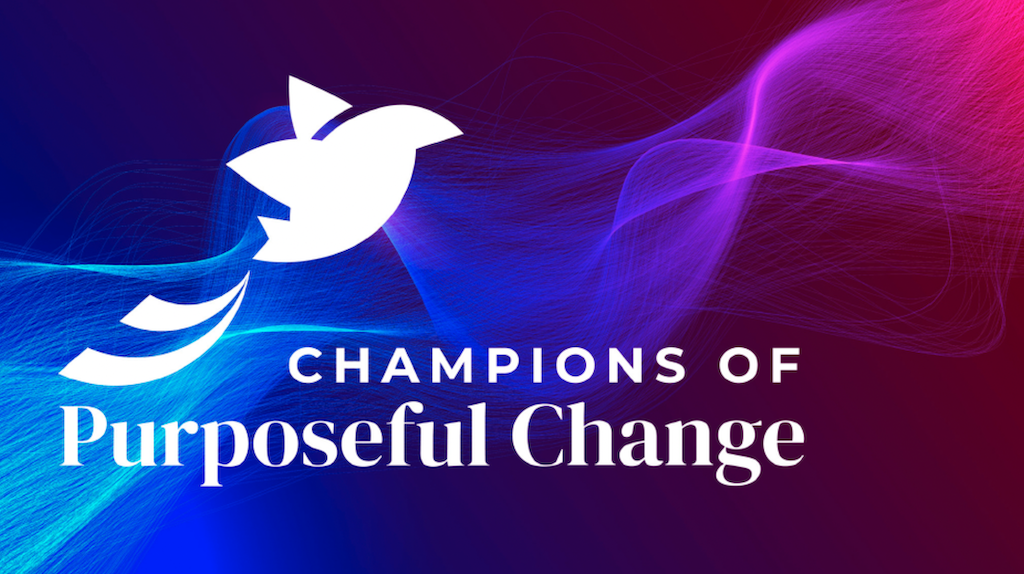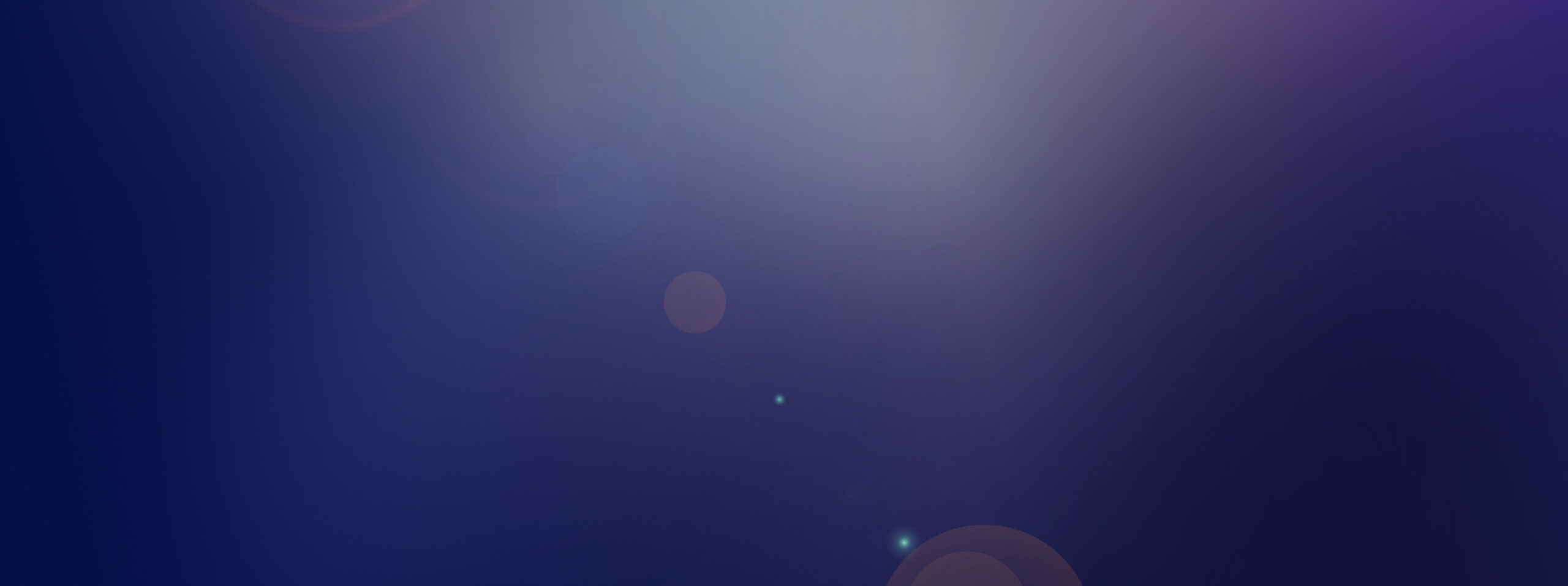Publisher First – David Freedman, Co-Founder – Freestar
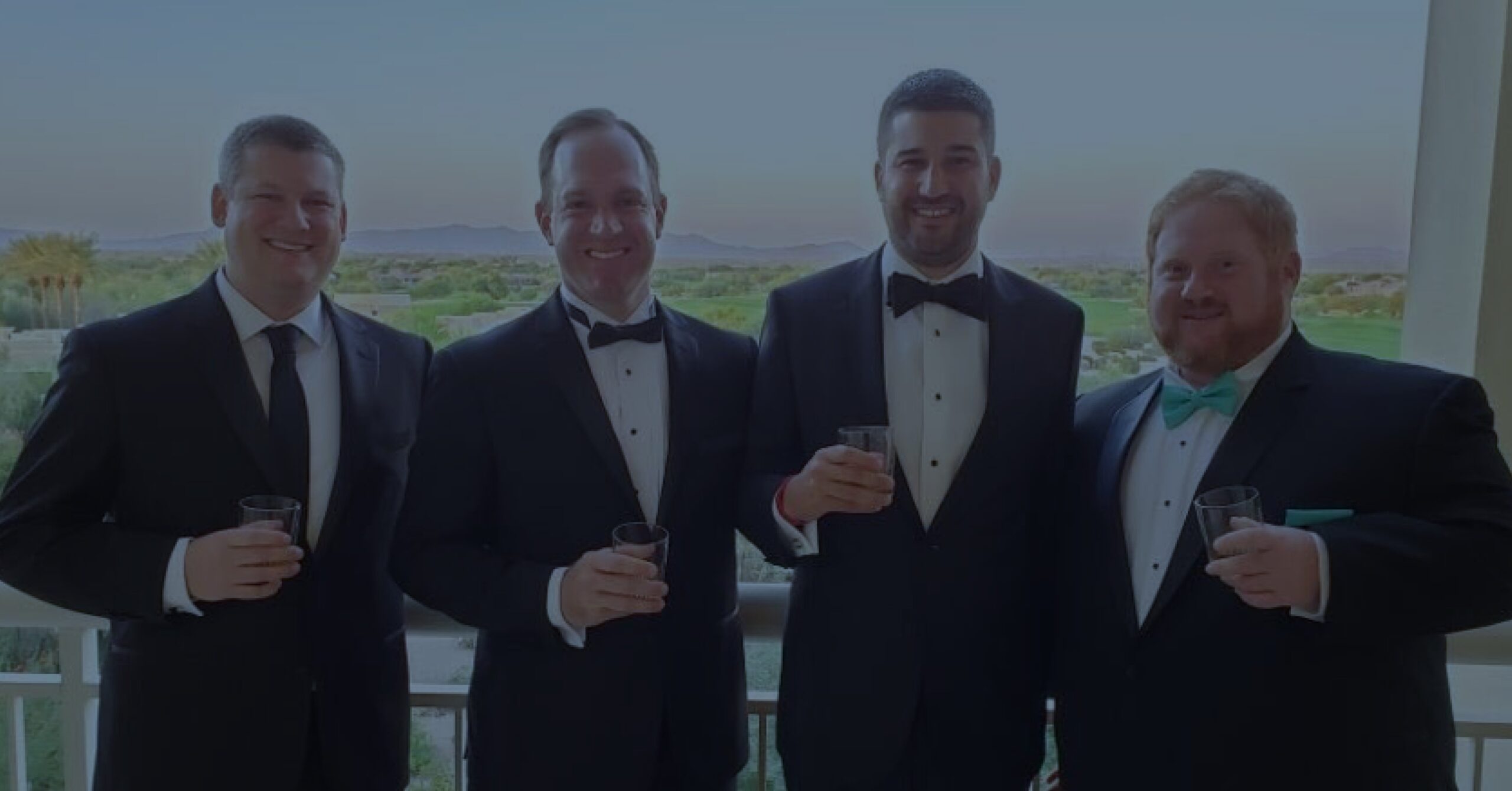
Today, we hear from David Freedman of Freestar, a Top 40 fastest-growing private company in America two years in a row and a force to help publishers monetize digital content. We hear about David’s career path to Freestar, the Freestar brand, how they have navigated their way through 2020, and a few words of wisdom from his journey. If you like our podcast please subscribe!
David had been working in publishing for 10+ years when he saw a need for a new streamlined approach to revenue. Born with the entrepreneurial spirit, David started his first business as an undergraduate student at Arizona State University which led to the birth of Freestar, as it exists today. He now spends most of his time talking passionately to new partners about how to maximize their revenue. David grew up outside Philadelphia and spends his free time with his fiancé, Erin, and dog, Philly, hiking and cheering on all Philadelphia sports teams.
Podcast: Download Subscribe: iTunes | RSS
Transcription:
Bill Gullan:
Greeting one and all. This is Real-World Branding. I’m Bill Gullan, President of Finch Brands, a premier boutique brand consultancy. We’re grateful that you’re with us. And today, you’ll hear from David Freedman. David’s the co-founder of, I think, in 2019 Inc’s number one fastest growing company, Freestar. He’s also received many awards as entrepreneur of the year in 2020, et cetera. Incredible growth. And what a story that he’ll share.
Bill:
Oftentimes, people who found something as amazing as Freestar have had their initial exposure to the problems that their subsequent company exists to solve in a way that’s entrepreneurial or in a way that’s almost accidental. And David will tell you what his first entrepreneurial venture as an undergrad at Arizona State was a swimsuit calendar, and he found through that process, boy, it was hard for website owners and operators to monetize even the most compelling content, which of course his calendar was. And so, over time, he and his associates really fell in love with and got deeply into internet advertising and how to handle the important steps related to monetization.
Bill:
And so, they’ve never looked back. Freestar was founded in 2015, and since then has surmounted the growth curve really quickly and to tremendous effect. David will speak about the culture that he’s building. He’ll speak about the way that they really pivoted almost effortlessly in the face of COVID, and speak about other things that relate to his leadership and that of the company that he is collaborating to build with all the others at Freestar. Enjoy David Freedman.
Bill:
We’re so happy to have the co-founder of Freestar with us, David Freedman. Thank you for your time.
David:
Thank you so much for having me. Great to be here.
Bill:
Great. We’re excited to have you, and in part to hear the incredible journey of Freestar, which is so notable for the growth that you and your partner, team have created. But let’s start, as we normally do, which is, growing up and when you went to Arizona State undergrad, what were your initial career directions that seemed compelling to you? And then you can tell us how you got to where you are.
David:
Sure. So, most people had no clue what I wanted to do. I knew it was going to be in the business world, but what exactly where that was going to leave me, I was not too sure of. I went through the business school at Arizona State University after growing up in Philadelphia, and I just had an open mind to seeing where that path would take me. I started falling in love with commercial real estate, and that was an area of focus and where I thought I was going to first set off on that journey.
Bill:
Excellent. Okay. First of all, how’d you wind up at Arizona State, being from back East as you are?
David:
Oh, pretty easily. They accepted me, Bill. Just applied. Applied all over the country, and I just wanted to do something different. Obviously, most people, where I grew up, either go to Penn or Penn State or stay on the East coast, and just wanted to create my own path and do something by myself.
Bill:
Nice. So, here you are in the valley of the sun. You have a commercial real estate interest, as well as I think a curricular direction there. How did that first stop evolve into what you’ve built a Freestar? I know there’s some really interesting content in-between.
David:
Yeah. Absolutely. So, I actually had an internship going into my senior at CB Richard Ellis in Philadelphia, and it gave me my firsthand experience in commercial real estate, which I truly loved. And would wake up in the morning, take the train to the city and do the 9:00 to 5:00, so to speak, and I really loved it. And then, when I went back to college, it had me thinking about what those next steps were, and I got offered a great job at CB Richard Ellis as I was graduating.
David:
But as I took a deeper look, I always wanted to be my own boss and control my own destiny, and I had this wild idea, as I got back into going into my senior year, of creating a ASU swimsuit calendar. And that was really my first true entrepreneurial journey. And really, the goal and product, if you will, it was a calendar featuring coeds from the university with a 3.0 GPA or higher, and it was really a marketing tool. So, we printed these calendars and gave them out for free to students and sold ads to local businesses. So, it was just a marketing vehicle for businesses that were trying to get in touch with the coveted young college demographic.
Bill:
Sure. Excellent. And so, you began that. Was it for fun? Did you think there might be an entrepreneurial direction that would take you further into content of that sort? Talk about the first few years? I mean, I know where the story ends, or at least where the story leads, but how did it start? I know there were some frustrations along the way that led directly to Freestar, things that you all taught yourself, things that you found where there wasn’t a good answer. What was that early experience like, and how did it shape where you went?
David:
Sure. So, yeah, it was definitely started as a business to make money. Obviously, there’s some good times along the way and just got to meet a lot of people, but it was definitely, from day one, always with a business mind on… When I first started it, I thought I was going to print 10,000 copies, sell them for 10 bucks a piece, and make $100,000 and have the greatest senior year ever, and realized pretty quickly, after setting up shop at basically the tailgates and walking around parking lots and trying to sell these for 10 bucks a piece, it wasn’t probably the best use of my time moving forward. So, after that first year, learned a lot, and typically how I like to operate is just to learn on the fly and adjust and make pivots. Figured out the marketing angle and selling the ads to local businesses was better than selling the calendars to students, and it started to take off.
David:
Fast forward, I ran that company for about 10 years. But the thing that happened during it was, it was during this transition that the whole world was undergoing from print to digital, and I found myself right in the middle of it with a website with millions of visitors coming to it and truly no idea how to monetize a website. It seemed very foreign at that time. So, I had a great hands-on experience with a live site, with a ton of traffic, where my partner and I could jump on board and just AB test different strategies, stay up late at night reading and learning and implementing things and seeing where that would take us. And one thing led to another, we got really good at monetizing the website and realized there was a pretty big need out there for other people that were subject matter experts creating content, but they weren’t really experts at monetizing the web traffic that they had coming in.
Bill:
And along the way, I think you guys got a little bit more technical, maybe, than you would ever plan to. Could you talk about the technology side of this and how that became, obviously, a part of what you do to have built Freestar to help address these concerns?
David:
Sure. Obviously with the technology, it moves very quickly, so what it looks like today is very different from back then. But back then , the big technological shift, if you will, was really just implementing what’s referred to as an ad server, so the technology that actually enables the ads to be delivered on a website. And back then, most of websites were primarily selling direct to businesses. Your old traditional… Right? The same way you’d sell magazine ads. You sign a contract and place that ad, and then try to do it again next month, so to speak. So, we were doing that, but then also, playing around with what has now become the main focus of Freestar and really where the whole industry has gone on the programmatic advertising front, and realized different strategies and theories and different technology we could leverage to help, ultimately, just drive up the price of every impression, hence making more money per eyeball coming to the site.
Bill:
Yeah. Yeah. And so, Freestar was founded in 2015, I believe. Could you talk about the development? I mean, the growth, obviously, the placement on the Inc list. I mean, the growth has been astronomical. Talk a little bit about this five year so far with Freestar, and what’s the major milestones maybe have been? Or what’s led you all to growing the way that you have?
David:
Yeah, it’s been fantastic journey, and the same way I started Tempe12, had the right plan in mind, but quickly had to pivot. And the same thing happened on Freestar. So, basically my partner and I discovered this technology called header bidding, which has fundamentally changed programmatic advertising. And when we discovered this technology, before it really had a name or was developed, we knew it was going to take over the internet, so to speak.
David:
So, the original plan was we were just going to go buy some websites, implement this technology, enhance the revenue, and flip them, just like flipping a house in real estate. And it wasn’t really what this mindset of setting off on this huge journey to build this massive company, but we bought a network of sites, we had a couple of friends and family give us a couple of dollars that had some faith in us. And we realized pretty quickly that, yeah, we know we’re really good at monetizing sites, but we’re just God awful at creating the content because that is its own specialty. And that really is a skillset that you’ve got to be world-class at to have a successful website.
David:
So, as most, I think great, startup stories to go, we were driving the original idea into the ground and putting a few employees salaries on my personal credit card and just trying to keep the lights on and move the ball forward, and realize that what we were doing just simply was not going to work in the long run. And we made our first quick pivot into what Freestar has become, which is a fully managed programmatic advertising solution for publishers. And it took us about a year to really figure out that that was the right shift, and from pretty much instantaneously from the time we made that shift, things started to take off at a pretty astronomical rate for us.
Bill:
And so, what’s the value proposition to a publisher or an e-commerce site when it comes to what Freestar does to support what they’re doing?
David:
Yeah. It’s pretty simple. It’s just go do what you do best, which is either produce great content or sell merchandise, and let us worry about everything else when it comes to the monetization of your website via ads. So, it really allows them to hyper-focus on what they truly do best and focus in on that, but also have a world-class team behind the scenes that’s really just an extension of their team and brand. So, to do things at the level that we do, a single publisher would truly need to probably hire about a team of 15 or 20 people. And not only does it not make economic sense for most publishers to go embark on that, but also finding the talent is very difficult just due to the fact that this is not a skillset you can go to college for, or really learn on your own or read a book on. You’ve got to have just time in the seat and experience.
Bill:
Makes sense. And obviously, with revenue growth and with the overall growth of the company, comes scale and size. How have you matured or evolved as a leader, as Freestar has grown as fast as it has?
David:
Yeah. I mean, I think probably one of the toughest challenges is just learning how to not micromanage and to just hire great people and empower them to make the right decisions. And it’s a difficult learning curve that I think I’ve done a much better job at over time, but it definitely takes just continual self work at. When we’re going out and hiring top talent, they don’t need to be micromanaged, and not only that, I mean, allowing those great ideas and where we’re driving this to come from, a lot of times, the ground up within the organization, and really just create a awesome, real culture. Our three guiding principles or are, “We, not me,” and we have the most talented team in the industry of what we do, but the one thing you’ll find in common is there’s not a single ego in this entire company from top to bottom.
David:
And I think that’s created a pretty special place where people are very impressed by each other, but not threatened by any means, and know that we all have each other’s back and we want to do what’s best for Freestar, which is then, leads into our next core value is, “Publisher first.” And it’s truly, what’s best for the publisher is best for us. We work off a rev share model, and we want to make as much money as possible, obviously, but we also want to make sure we’re making that publisher the most amount of money. And it’s always through a long-term lens. There’s always probably an easier way to make a quicker buck today, but how do we create long-lasting value for our publishers?
David:
And then the final one being, “Above and beyond,” and on above and beyond, I mean, it truly is self-explanatory there, but we’re really a service business, at the end of the day. And making sure that we are delivering an absolute exceptional customer experience for our publishers is what I think has set us apart from the pack. So, becoming and evolving as a leader is also making sure that the decisions we’re making all are just simplified down to those three core values as a company.
Bill:
Yeah. With those values that are obviously near and dear to you and important for the business that’s evolving, how are those experienced within the culture by your colleagues? Particularly in a fast growth environment, it seems like that would be the time that values need to be clear and well-understood.
David:
Yeah. I mean, I think, done a phenomenal job hiring, and then the kudos really go out to the hiring and the hiring managers there and making sure that… Our interview process is pretty thorough and it’s gotten a lot of feedback from people that it’s probably the most thorough that they’ve ever been through, but when we’re bringing on a new team member, we really want to make sure that they’re fitting in. And it goes back to the point before, not just, yeah, they’re smart, but are they going to be able to truly live by and want to live by the values that we’ve created?
David:
And I think as we’ve evolved over time, some of the, maybe, earlier people that we hired before we were so focused in on those core values, they saw themselves out over time just because they weren’t the right fit anymore for the company, but all of the new hires that we’ve been going after, I think, we really know what we’re looking for now. And as we mature as a company, we just continue to get a little bit, I think, sharper and more specific around the who that ideal candidate looks like.
Bill:
Right. And it sounds like values really help create maybe a checklist of philosophies or attributes that candidates who embody them can have wild success at Freestar, and those who don’t, maybe aren’t the best fit.
David:
Absolutely.
Bill:
Yeah. So, here we are, COVID-19, obviously as a business builder and leader, we’ve all been discovering many new things and pivoting, how has Freestar experienced COVID? I know that the pivot to remote work was an important part of that, but could you talk about how that period of time from March til now has helped shaped what you all are doing?
David:
Yeah. It’s been a fun challenge, and obviously, the whole world is in this together. Kurt, our CEO, and myself have really taken a deep look into seeing how we can become the best company remotely as possible. And I think we had a little bit of a nice advantage going into COVID. About half our team was already remote throughout the country, and that’s been one of the original guiding principles, as well as we just want to hire the best talent. And they don’t need to be geography in a certain area. Everyone is US-based, but we’re pretty spread throughout the country. So, we’ve already had things like video conferencing instituted into all of our internal meetings where there’s a little different… Nothing’s like the real thing, so to speak, of being there in person with someone, but I think having that level of video and hanging out, so to speak, during those meetings with your coworkers was very helpful.
David:
But Kurt and I found ourselves in this position, all of a sudden, where we thought we were doing a great job as leaders for a remote workforce, but then we realized that once we were forced into becoming remote employees, as well, we really, I think, opened our eyes into, “Well, how do we even take this up a notch or two?” And some of the things that we’ve instituted that I think have worked well for us are, on one hand, company happy hour virtually, we’re just getting people together. But I think taking it a few steps beyond that of…
David:
What we’ve done is instituted a speaker series and bringing in different professionals from all different walks of life. Some are industry-related, some are just on charitable endeavors, and wherever it may be, but bringing them in to speak just about their journey to our team. And I think that these talks have been very eye-opening for a lot of people, and we’ll take an hour out every other week or so, or once a month, as a team just to hear someone’s story. Because Kurt and I also believe that, while we love everyone that works for us at our company right now, this isn’t going to be their last job ever, and we want to help make better people along the way of not just better employees here at Freestar, but better people that are going into their community and helping. So, I think that’s been another really awesome experience.
David:
And then, the last thing that we’ve done is we’ve created a bi-weekly happy hour over a different tough topic for all of us to tackle, and whether that’s everything from discussions around Black Lives Matter, transgender rights, whatever that topic may be, what we’ve found really helpful is just suggesting a documentary for people to watch that open our eyes and have a discussion. And these are completely voluntary if you want to show up or not, but I think it’s been a really great way for us to all connect on some of these tougher conversations and see where people lie. I think one of the best compliments I’ve gotten is where everyone has discussed and echoed throughout the company how they’ve never felt so safe within a company before to truly be themselves and express how they truly feel, which I think is an incredible compliment.
Bill:
Yeah, no doubt. And it certainly leans towards strength of culture, and is particularly difficult to achieve in times of fast growth. So, yeah, tremendous kudos. You and your business partner have come up together professionally from the swimsuit calendar days. How do you all divide labor, and how has that relationship evolved over time, as well?
David:
Sure. So, I mean, I think that also revolves around maturing as a leader in general. So, actually, Chris, who I co-founded this company with, stepped out of the business about two and a half years ago now. At that time, we decided it was best to really bring in a CEO that had experienced scaling a company that we were about to embark on. We were starting to move a little bit from the startup phase to a growth phase. And speaking for me personally, I had to look in the mirror and say, “You know what? I think I’ve done a phenomenal job taking this from an idea to a real product and a real business, but I’m also not sure if I’m the right person to help take it from here to that next level.”
David:
So, about two years ago was when Kurt Donnell joined us as our president and CEO. Without a doubt, I’d say, the best hire I’ve personally ever made in my life. It was someone that I tried to hire a few years prior and he took a different opportunity, but we kept in touch, and the timing just happened to be right. That’s been a really pivotable change for us as a company, and Kurt running the day-to-day has freed me up to focus on what I feel like I can help bring a lot of value on the business development front, but also knowing that we have someone with the experience to help drive this thing forward in the manner that I want to see.
Bill:
Yeah, that’s great. And I know you’ve taken the opportunity to do some mentorship and been involved in other organizations, businesses, and otherwise that are meaningful to you. What are some other things that you’re particularly passionate about at this point in your professional and personal life, David?
David:
I think when I look at the company, it’s helping develop some of our younger talent, especially on the sales side. I’ve just got a ton of experience and have learned a lot of lessons, probably the hard way over time, so sharing some of those examples with them. And then, outside of the company, just being a good human being and giving back to the community. Been involved with the big brother, big sisters for a while here, which I think is a great cause. We’re always trying to figure out different ways to make an impact in our community. We’ve done some nice volunteer events as a company, as well, with Ronald McDonald House where we’ll go down and cook for the families. It opened your eyes to, really, what it’s all about at the end of the day, is being around good people and helping people that might be in a little bit less fortunate situation as yourself.
Bill:
That’s excellent. Powerful stuff. When it comes to… We were talking about COVID, the pivot to remote work, what do we think, again, to the degree that you can share it, what’s next for Freestar? What are you all focused on at this point? Continued growth? Is there a product, a service expansion? What’s on the top of the agenda for you and your team?
David:
Yeah. I think just continuing a lot more of the same and continuing to strengthen our processes and just the way we’re going about our business. We obsess pretty much every quarter just looking at, “Hey, why are we doing things a certain way? Do we need to maybe rip them apart and rebuild them?” Because what works for you at a, let’s say, a 10 or $20 million company isn’t necessarily what’s going to work at 50 or $100 million, and it’s just not getting stuck in our ways. So, we obsess over always wanting to be very critical of ourselves and how do we improve some of those processes. I think all of the growth that we’ve seen, while it’s been tremendous, has been organic growth up until now with a very small business development team, we’ve unlocked some hidden gems that we’re going to hopefully double down on and make some more hires with some new processes that we’ve discovered.
David:
And then, finally, we made our first acquisition this year. This was a mobile app technology company, but we’re going to keep an open eye on some potential M&A deals down the pipeline that can help it just accelerate the growth that we have. Up until now have been wanting to ensure that all of the true structure of the company was as strong as possible before we put the foot down on business development, but now that the account management, the yield management, the overall operations, we all feel is in a really strong place, now we’re going to put the foot down and see how much more business we can drive in 2021 and beyond.
Bill:
Terrific. So, you have quite a story here from an undergraduate interest in business, generally, in commercial real estate, at least at one point specifically, to developing what I think is really compelling content early in your career, and then evolving into progressing the way that many, many different publishers and e-commerce sites can monetize what they’re doing. Along the way, David, I mean, you’re definitely in mid-career, you’re still considerably younger, I’m sure, that I am, but any reflections on the road that you’ve taken or words to live by or just key beliefs that are helping guide you as a business person at this point?
David:
I personally have loved my journey. In between Tempe12 and Freestar, actually opened a wine bar, as well. And the restaurant business, while it was never necessarily a dream of mine, it was a challenge. I was always very intimidated by how a restaurant would run and forcing myself into that and learning that. And then, thankfully, running a profitable business set, I was able to sell. But for me, it’s just been appreciating the journey along the way. It’s worked for me. I don’t ever really have a big plan, let’s say, five years out or anything. I just take it day-by-day and just want to be successful at anything I put my mind to. And it’s been a fantastic journey that’s opened a ton of doors and met incredible people on the way. And I’ve definitely made plenty of mistakes as well, but I think those mistakes have turned into some of my best learning opportunities, as well.
Bill:
Yeah. For somebody who may be starting out or starting over and trying to find career direction, as somebody who’s taking it as it comes, who’s been intuitive, who’s been creative, who’s not been afraid to pivot, any advice you would want to share with the person in that position?
David:
Follow your gut. Don’t listen to any outside noise. I mean, if you have an idea that you think is worth chasing, go chase it. Talk is cheap. Everyone’s going to have their two cents of their opinion along the way, and the majority of those people probably tell you how much of a genius you are, even though they were doubting you in the beginning, but it really comes down to, I think, if you’re going to start something on your own, realize that there’s no shortcuts to success. It’s going to take time and a whole lot of hard work and commitment, and as long as you’re willing to put that in and not think about an instant return or instant success, but realize that you’re in this for the long haul, I think you’ll be extremely successful. Just do things the right way and be ready for a fun journey. Don’t let the highs get too high or the lows get too low, and just stay grounded and focused on really what you want to accomplish.
Bill:
Yeah, absolutely. Let’s close on COVID, which is a situation that we hope is unwinding at some point soon but continues to be day in, day out responsibility for us to plan against and try to understand and try to navigate through, how is it… I mean, we know that many publishers have probably been disrupted. You talked about the internal side of pivoting to remote and finding good opportunities for meaningful conversations and connections within the workforce, but in terms of how Freestar’s managed to continue to grow, with so much upheaval in the outside world and add new team members, to what do you attribute your ability to ride this out?
David:
I mean, it’s just our team. I mean, our team is so incredible, and truly mean that. I mean, even this past weekend, there was an issue with one of the sites, and he had a couple of questions. I saw one of our account managers throw it into our internal Slack, and legitimately within two minutes, team members are jumping in on the problem. Our CTO is there trying to uncover what’s going on. So, when you’ve got a team that you know on holidays, weekends is all in and committed, you’re really a force to be reckoned with.
David:
And it’s taken us time to build this the right way, and once again there’s no shortcuts to it, then in the beginning days, it was a little bit of maybe faking it until you can make it or until you could afford some of those higher caliber talent and hires that you really want. But now, that we have those, and I know that when there’s an issue, our entire is going to tackle that like it is their mortgage, like it is their house payment on the line, because we do look at what we do as that serious for all the publishers. We realize that their true livelihoods is in our hands, and they’re only going to be as successful as we are, as well. And as long as your mindset and your goals are aligned like that, I think great things can happen.
Bill:
Absolutely. And what a great place to lead it. David Freedman, co-founder Freestar. Super interesting and fascinating career journey and growth story that you’re building. Thank you so much for spending time with us.
David:
Thank you, Bill. Appreciate it. And always good to talk to a fellow Philadelphian. Go birds.
Bill:
Go birds. Not the best year for that, though, sorry to say.
Bill:
Many thanks to David for his time and insight. His journey in terms of creating Freestar, growing it, as well as his own leader in terms of how events either related to the growth of the company, or completely unrelated like COVID and social justice movements, et cetera, have helped shape him and his colleagues as leaders within a fast growing company that really is setting its category on fire. So, thank you to David, and hope everyone enjoyed hearing from him.
Bill:
And if you did, and if you like what we do here, there’s three ways, as always, to support us. Rate and review is one, in the podcast of your choice. Subscribe is another. Make sure you do not miss a single episode. And then give us feedback, on Twitter or any other source, any other channel, @billgullan, @finchbrands. We love ideas for future guests, for feedback, topics that you’d like to hear more about or go more deeply with. And it is our firm conviction that we want to resume and stay on our biweekly schedule as we go towards the holidays and into January and thereafter. So, we’ll sign off from the cradle of liberty.
